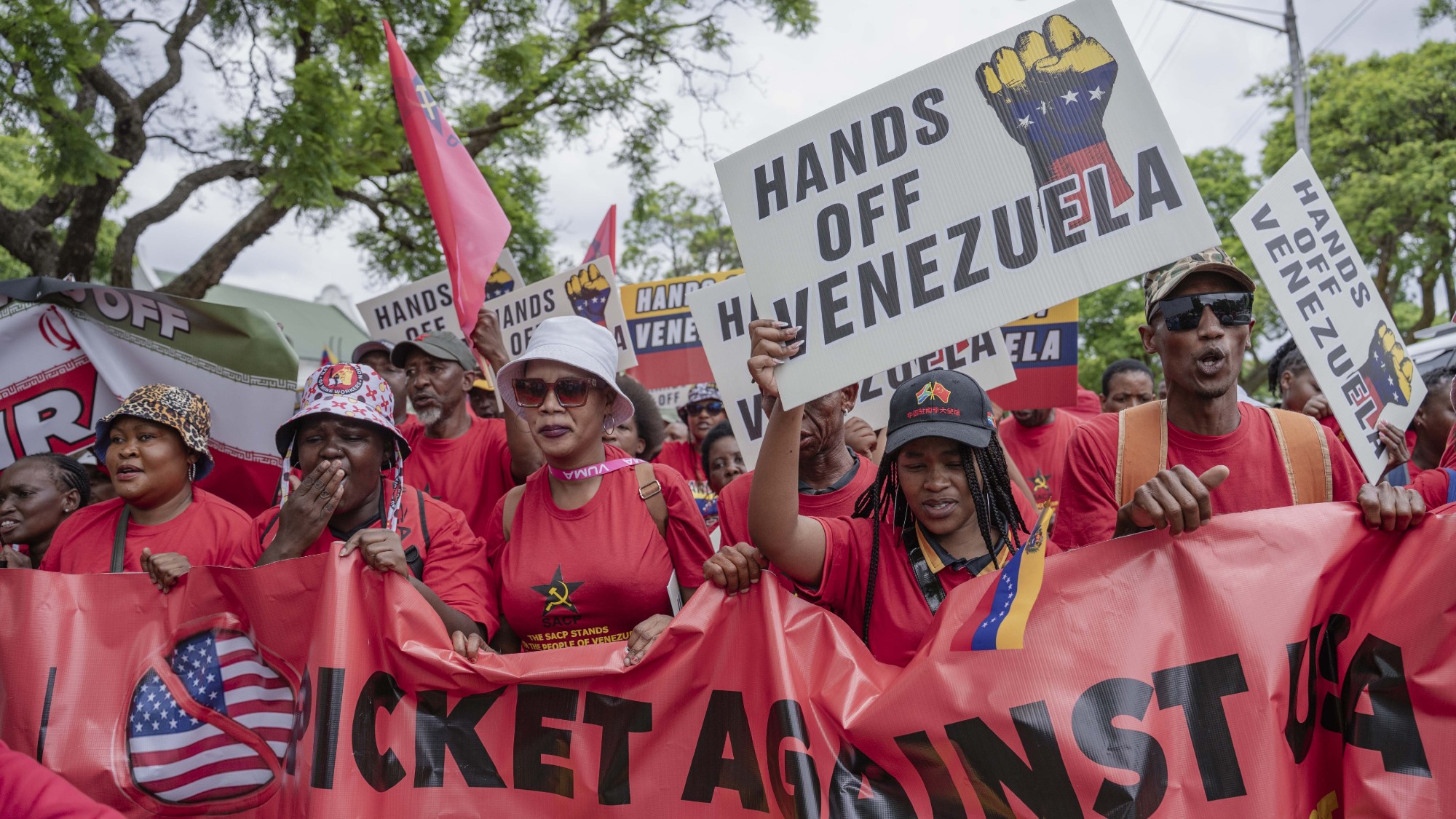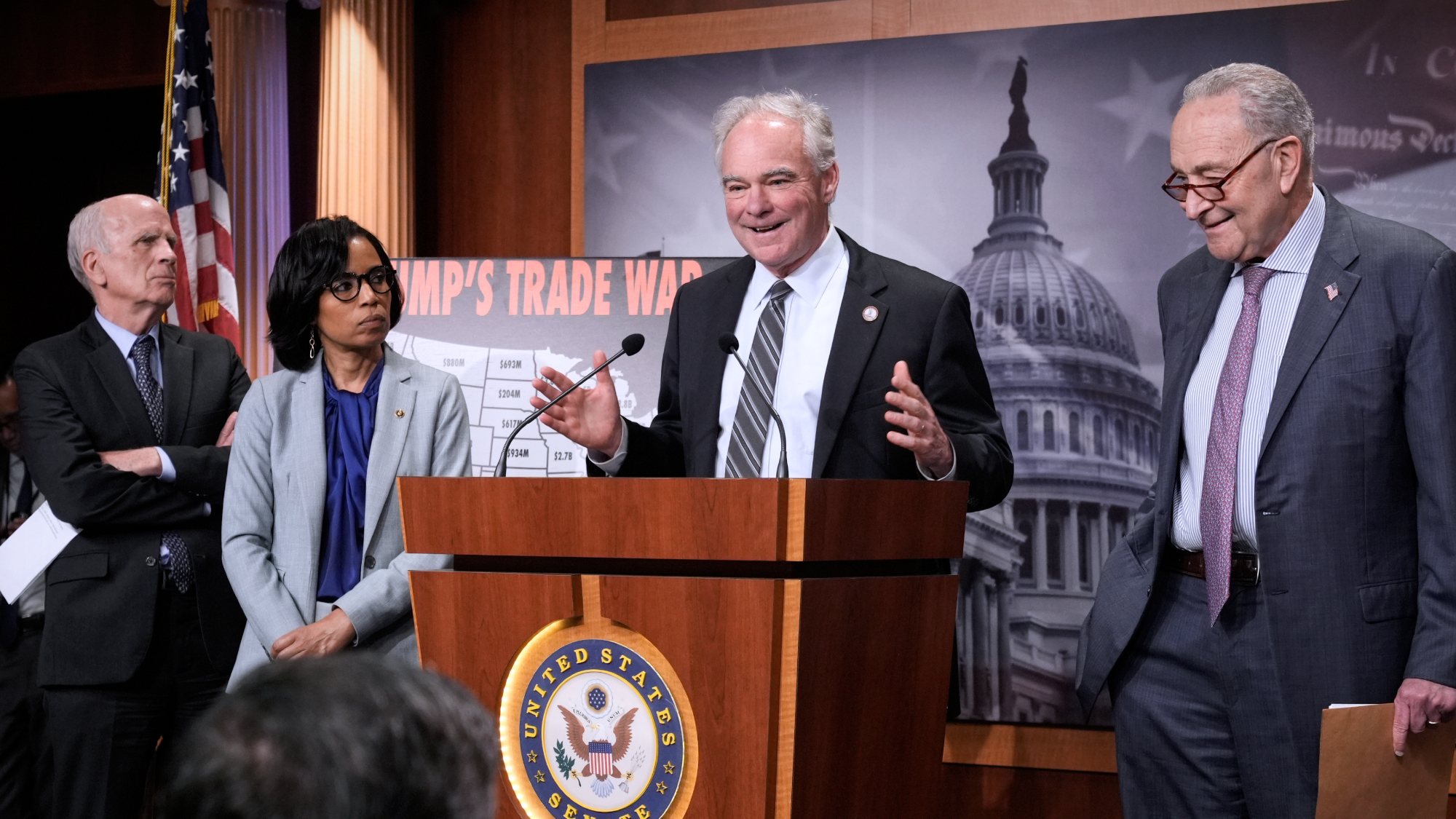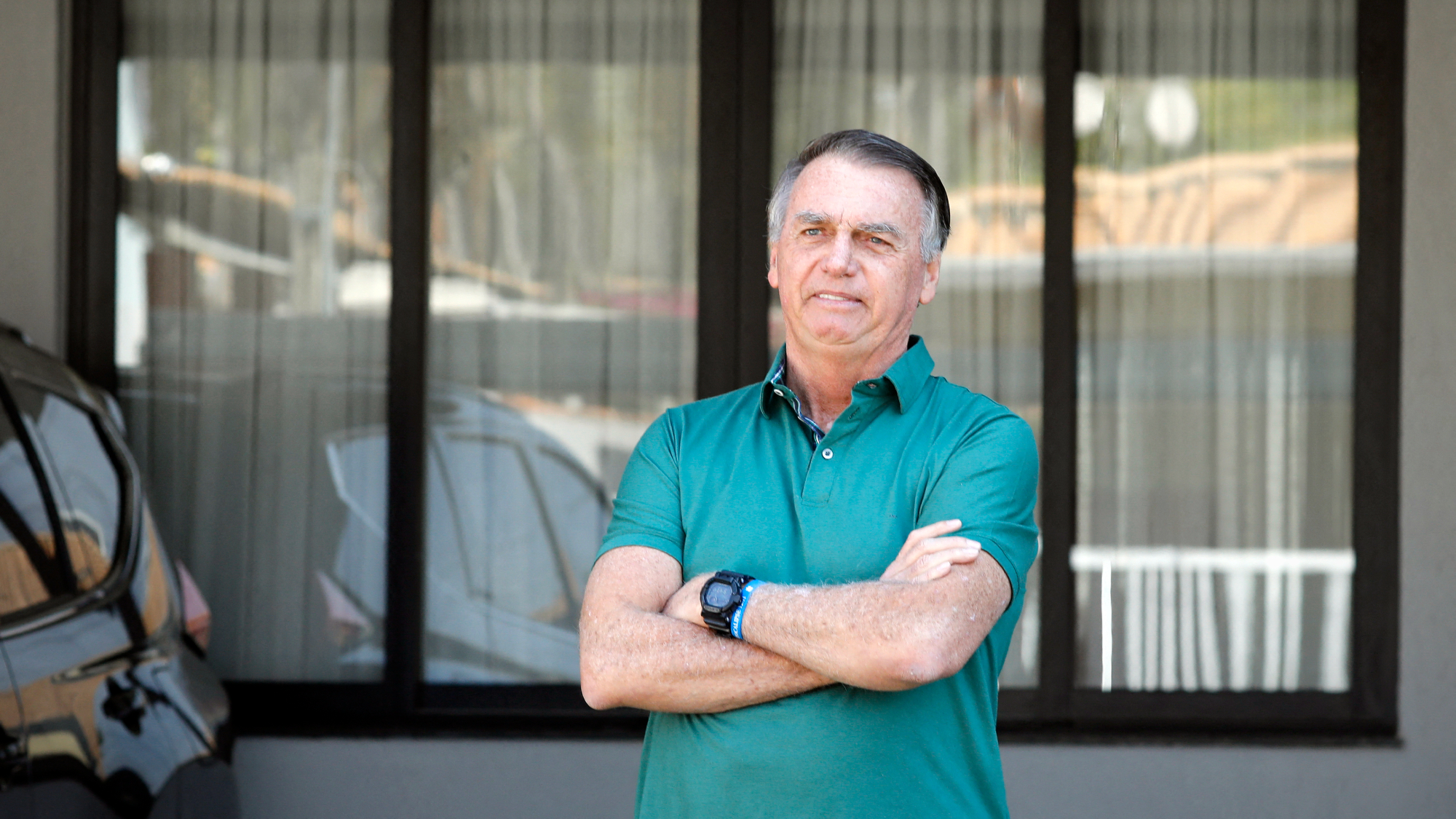What Lula's win in Brazil means on a global scale
The Brazilian election could end up shaping not just South America, but the world


A free daily email with the biggest news stories of the day – and the best features from TheWeek.com
You are now subscribed
Your newsletter sign-up was successful
This past weekend marked the end of a contentious clash for Brazil's highest office, as President Jair Bolsonaro lost his re-election bid to challenger Luiz Inácio Lula da Silva, making him the first incumbent president to be ousted in decades.
The election marks a drastic shift in political ideology and power within the Brazilian presidency, with voters rebuking Bolsonaro, a far-right populist, in favor of leftist icon and union leader Lula. When he takes office this January, Lula's presidency — as antithetical to Bolsonaro's as possible — will likely create lasting impacts in Brazil.
However, Lula's victory could have a lasting legacy far beyond Brazil and South America. What does the election of Lula in one of the world's foremost emerging powers signal for the United States and the rest of the world?
The Week
Escape your echo chamber. Get the facts behind the news, plus analysis from multiple perspectives.

Sign up for The Week's Free Newsletters
From our morning news briefing to a weekly Good News Newsletter, get the best of The Week delivered directly to your inbox.
From our morning news briefing to a weekly Good News Newsletter, get the best of The Week delivered directly to your inbox.
What impact will Lula's victory have on the global environment?
This will not be Lula's first stint as president. He previously held the office from 2003 to 2010, and throughout that time, he made the environment one of his key policy issues. Much of what Lula focused on during his tenure revolved around one of Brazil's — and the world's — ongoing environmental crises: The destruction of the Amazon rainforest.
It's no secret that the Amazon rainforest is dying, due to a combination of factors including deforestation, climate change, and wildfires. The World Wildlife Fund estimates that 27 percent of the rainforest could be barren of trees by 2030. Given that the Amazon produces significant levels of oxygen while also absorbing Earth-warming carbon dioxide, this continued destruction could have drastic consequences for global warming, as well as the diverse animal kingdom living within its biome.
However, Lula has pledged to put forth similar climate initiatives, in an attempt to walk back the ramp-up of deforestation that has occurred under Bolsonaro. One environmental analysis showed that Bolsonaro's loss could potentially cut deforestation of the Amazon by 89 percent.
In what NBC News called a "major victory in the fight against climate change," the outlet noted Lula has rolled out a platform to crack down on illegal ranchers, miners, and loggers that have significantly contributed to deforestation. These efforts to save the Amazon could have a positive domino effect not only for South America, but for the worldwide fight to reduce global warming and help biodiversity thrive. Lula also pledged to stay within the goals of the Paris Climate Agreement, which aims to reduce the overall trend of global warming.
A free daily email with the biggest news stories of the day – and the best features from TheWeek.com
"Brazil is ready to resume its leading role in the fight against the climate crisis," Lula said in his victory speech, The New York Times reported.
How will Lula look to hold up Brazil's slipping democracy?
Under Bolsonaro's leadership, there have been reported symptoms of democratic backsliding seen throughout the country. A 2021 report from the Carnegie Endowment for International Peace wrote, "Although Brazil's democracy had already been at risk prior to the pandemic ... the heightened polarization and growing inequality in 2020 have made the country's democratic institutions even more vulnerable to the authoritarian threat posed by Bolsonaro and his followers."
The far-right president is just one leader among many nations where authoritarianism has been rearing up. However, with Lula's victory, the president-elect, similar to his environmental agenda, will have the chance to change this going forward, and reiterate Brazil's standing as one of the premier powers within the southern hemisphere. As Axios noted, Lula's victory now means all of Latin America's largest countries — and, by association, their economies — will now be helmed by leftist leaders.
While his efforts to cleanse the environment will likely help Brazil's standing on the world stage, Lula has also notably pledged to help his nation preserve its democracy. The Washington Post reported Lula will likely be among the leaders of a slew of countries that have seen shifts to leftist ideals in the past few years, including Peru, Chile, and Colombia. With so much of the region under these left-leaning governments, there are likely to be significant geopolitical outcomes.
Lula will also likely have a far different view of foreign policy than his predecessor, the Post reported. The outlet said this is likely to include initiatives similar to Lula's initial stint as president, such as positioning Brazil as the champion of the regional economy.
How will Lula's presidency affect the global economy?
Lula's win will likely also mark a shift in the Brazilian economy, which, in turn, will affect markets around the world. The soon-to-be president is no stranger to economic booms, as Time noted his two previous terms were marked by a slate of progressive programs that "lifted millions out of poverty and transformed life for the country's Black majority and Indigenous minority." Lula's initial tenure also achieved growth in a variety of economic sectors, including soy, steel, and natural gas.
Lula is likely to push once again to create a similarly thriving economy, and this time around, he will be at the helm of a country that has seen a major rise in its global economic impact since he left office. Brazil has the world's 12th-largest economy, according to Investopedia, with a GDP even higher than advanced Western countries such as Australia and Ireland. While the nation went through a crippling recession in the late 2010s which continues to hurt its economic standing, it remains a global leader in major industries, natural resources, and agriculture.
As such, any decisions Lula makes to jumpstart the Brazilian economy could have a ripple effect across international markets. One of his main challenges will likely be getting congressional approval for the pricy programs he is looking to implement at home. Having campaigned on minimum wage boosts and cash transfers for the impoverished, his platform could cost an estimated US$27 billion, Bloomberg reported. The outlet noted that with the U.S. Federal Reserve and other world banks raising interest rates, borrowing money is costlier than ever, especially with Brazil already facing significant national debt.
If Lula is able to get the proper financing for his agenda, though, it could provide a boost to the stagnating Brazilian economy that could help the country become an even greater leader on the world stage.
Justin Klawans has worked as a staff writer at The Week since 2022. He began his career covering local news before joining Newsweek as a breaking news reporter, where he wrote about politics, national and global affairs, business, crime, sports, film, television and other news. Justin has also freelanced for outlets including Collider and United Press International.
-
 The environmental cost of GLP-1s
The environmental cost of GLP-1sThe explainer Producing the drugs is a dirty process
-
 Greenland’s capital becomes ground zero for the country’s diplomatic straits
Greenland’s capital becomes ground zero for the country’s diplomatic straitsIN THE SPOTLIGHT A flurry of new consular activity in Nuuk shows how important Greenland has become to Europeans’ anxiety about American imperialism
-
 ‘This is something that happens all too often’
‘This is something that happens all too often’Instant Opinion Opinion, comment and editorials of the day
-
 A running list of US interventions in Latin America and the Caribbean after World War II
A running list of US interventions in Latin America and the Caribbean after World War IIin depth Nicolás Maduro isn’t the first regional leader to be toppled directly or indirectly by the US
-
 The billionaires’ wealth tax: a catastrophe for California?
The billionaires’ wealth tax: a catastrophe for California?Talking Point Peter Thiel and Larry Page preparing to change state residency
-
 Bari Weiss’ ‘60 Minutes’ scandal is about more than one report
Bari Weiss’ ‘60 Minutes’ scandal is about more than one reportIN THE SPOTLIGHT By blocking an approved segment on a controversial prison holding US deportees in El Salvador, the editor-in-chief of CBS News has become the main story
-
 Massacre in the favela: Rio’s police take on the gangs
Massacre in the favela: Rio’s police take on the gangsIn the Spotlight The ‘defence operation’ killed 132 suspected gang members, but could spark ‘more hatred and revenge’
-
 Has Zohran Mamdani shown the Democrats how to win again?
Has Zohran Mamdani shown the Democrats how to win again?Today’s Big Question New York City mayoral election touted as victory for left-wing populists but moderate centrist wins elsewhere present more complex path for Democratic Party
-
 Senate votes to kill Trump’s Brazil tariff
Senate votes to kill Trump’s Brazil tariffSpeed Read Five Senate Republicans joined the Democrats in rebuking Trump’s import tax
-
 Millions turn out for anti-Trump ‘No Kings’ rallies
Millions turn out for anti-Trump ‘No Kings’ ralliesSpeed Read An estimated 7 million people participated, 2 million more than at the first ‘No Kings’ protest in June
-
 Brazil’s Bolsonaro sentenced to 27 years for coup attempt
Brazil’s Bolsonaro sentenced to 27 years for coup attemptSpeed Read Bolsonaro was convicted of attempting to stay in power following his 2022 election loss
